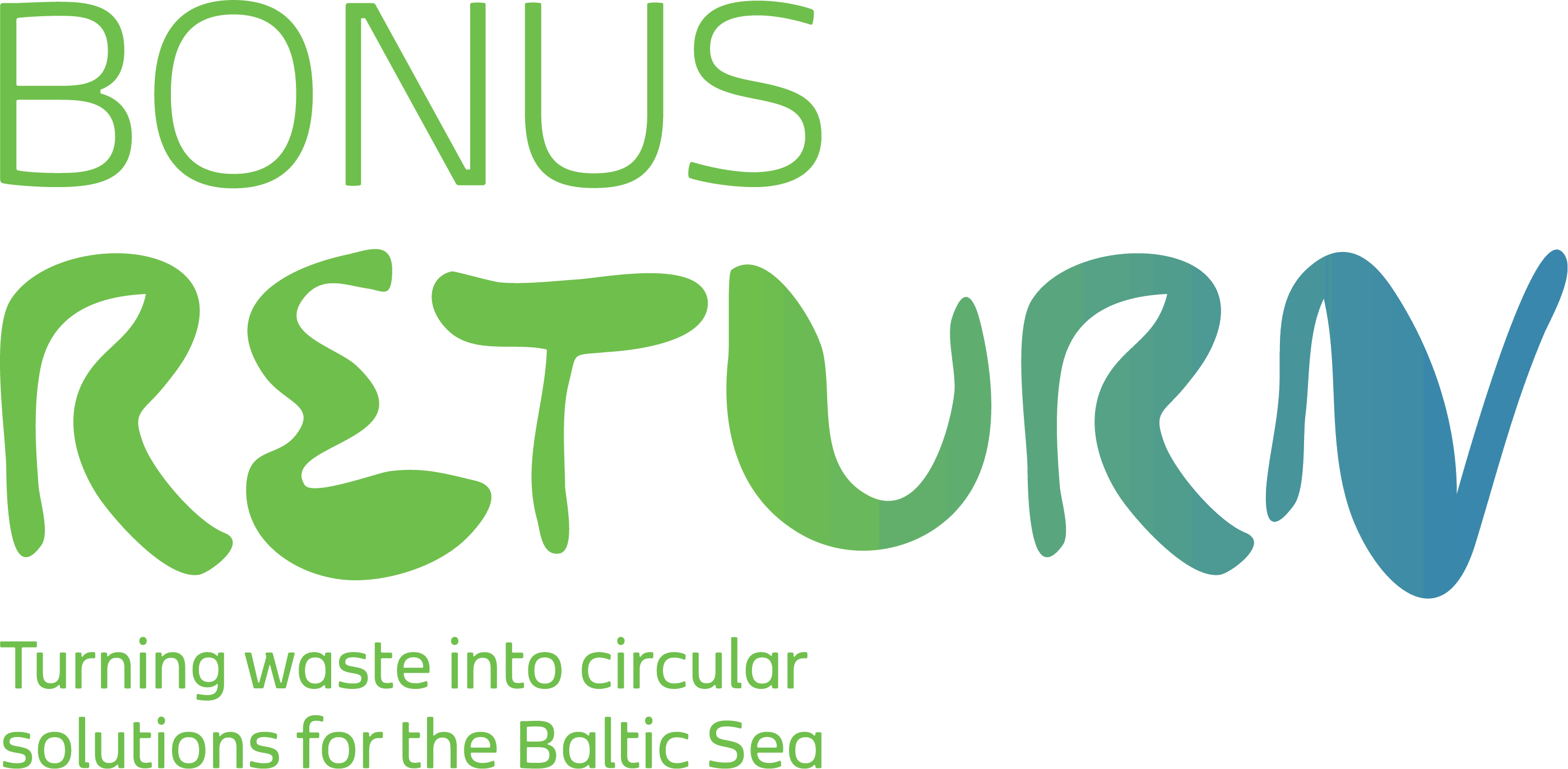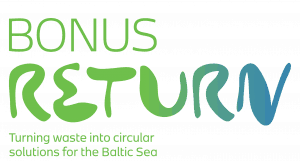The Baltic Sea’s vulnerability: what are potential solutions for a healthier Baltic?
The Baltic Sea is different from other seas in that it is one of the planet’s largest bodies of brackish water, composed of a mixture of salt water from the North East Atlantic and fresh water from surrounding rivers and streams. This makes it particularly sensitive to pressures from human activities like agricultural practices, unsustainable fishing and shipping, oil spills and marine litter.
It is also surrounded by a huge draining area four times as large as the sea itself, inhabited by 85 million people in a landscape dominated by intense agriculture and forestry.
BONUS RETURN is examining solutions to reduce emissions with innovations that capture waste and reuse it before it streams into the Baltic Sea. The project also investigates policy and market mechanisms that allow these innovations to thrive within a circular economy. This involves working with innovators whose interventions minimize harm while producing multiple benefits for society and the environment.
In this episode of the Nordic Surfers Magazine podcast, BONUS RETURN’s project coordinator, Karina Barquet, discusses the importance of improving how we capture phosphorus–keeping it on land to produce food, rather than letting it enter the sea where it contributes to harmful algae blooming. She also gives advice on how we can change some of our daily habits to contribute to a cleaner, healthier Baltic.
Listen to the podcast for the full discussion.
Illustration by: Blaze Syka
Podcast originally published on Nordic Surfers Magazine.
Related post: Eat your way to a healthier Baltic Sea

